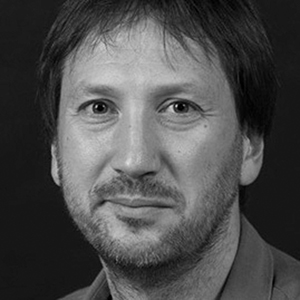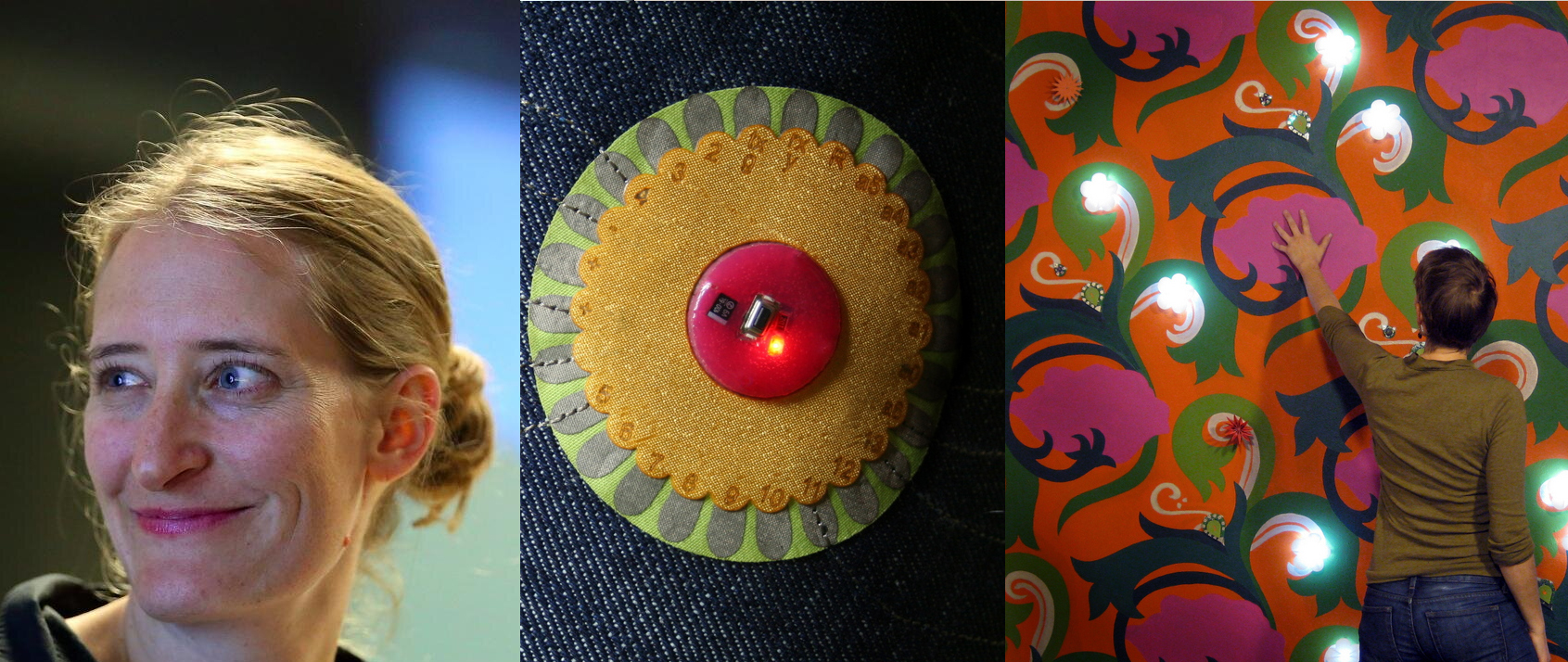

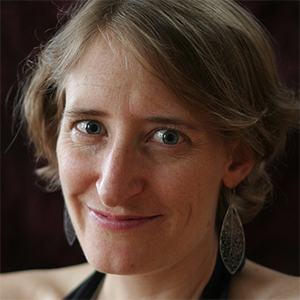
“Computers are simply a new tool, albeit an especially powerful one, in a designer’s toolbox. They allow clothing designers to make garments that are dynamic and interactive. Clothing that can, for example, change color in response to pollution level, sparkle when a loved one calls you on the phone, or notify you when your blood pressure increases.”
“My thinking about design and technology is largely driven by explorations of materials and their affordances. So materials are always delightful. But the real-world adoption of tools I’ve designed and the prospect this presents for changing technology culture is perhaps what’s most exciting.”
Leah Buechley is a designer, engineer, and educator. Her work explores integrations of electronics, computing, art, craft, and design. She has done foundational work in paper and fabric-based electronics. Her inventions include the LilyPad Arduino, a construction kit for sew-able electronics. She currently runs a design firm that explores playful integrations of technology and design. Previously, she was an associate professor at the MIT Media Lab, where she founded and directed the High-Low Tech group. Her work has been featured in publications including The New York Times, Boston Globe, Popular Science, and Wired. Leah received a PhD in computer science from the University of Colorado at Boulder and a BA in physics from Skidmore College. At both institutions she also studied dance, theater, fine art, and design.
Leah was the recipient of the 2017 Edith Ackerman award for Interaction Design and Children.
http://leahbuechley.com/
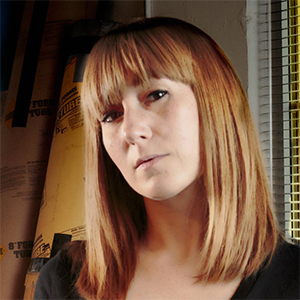
Jess Jones is a textile artist and Assistant Professor of Textiles at Georgia State University in Atlanta, Georgia as well as Affiliate Faculty with the Institute of Women, Gender and Sexuality Studies. She received an MFA in Fibers from East Tennessee State University with an undergraduate background in Painting, Drawing, and Printmaking. Jones's work examines psycho-geography, textiles' relationship to the urban environment, and the creation of digitally derived layered and stitched compositions. Her work can currently be seen in Forget Me Not at the Zuckerman Museum of Art.
www.jessjones.net
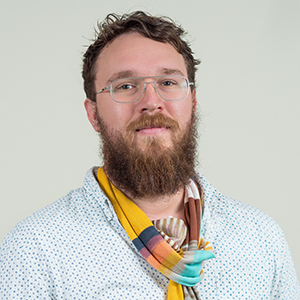
Clint Zeagler has a diverse background in fashion, industrial design and textiles that drives his research on electronic textiles and on-body interfaces with the Contextual Computing Group of the GVU center of Georgia Tech. As a Research Scientist for the Georgia Tech Interactive Media Technology Center and Instructor for the Georgia Tech School of Industrial Design he teaches courses on Wearable Product Design and an ID section of Mobile and Ubiquitous Computing (MUC). Zeagler is also a member of the NASA Wearable Technology Cluster to give advice to those in NASA working on wearable computing. A deep understanding of the garment production process fosters innovation in his research. Zeagler’s company Pecan Pie Couture hand dyed, embroidered, and screen-printed textiles and garments. His recent research led to the creation of the Electronic Textile Interface Swatch Book (ESwatchBook) in collaboration with Thad Starner and FIDO: Facilitating Interactions for Dogs with Occupations is an exploration into using wearable electronics to enhance interactions between service dogs and their handler/owners.
www.clintzeagler.com/
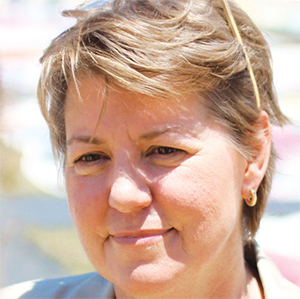
President and CEO of The NAMES Project Foundation since 2001 Julie Rhoad has focused her time on keeping the issues of HIV and AIDS front and center with thought leaders and the public alike. Under Julie’s leadership, the foundation has expanded The AIDS Memorial Quilt’s outreach to ever-growing communities in need, starting key programs such as “Call My Name,” which works to encourage panel-making and HIV prevention in the African American community, as well as programs for middle and high schools to reach our new generation of youth with prevention and other educational messages. She also oversees the ongoing work of making Quilt panels available to organizations throughout the country and around the world as well as the ongoing care and upkeep of all of this 54-ton handmade tapestry - made by the people for the people they love.
www.aidsquilt.org/
